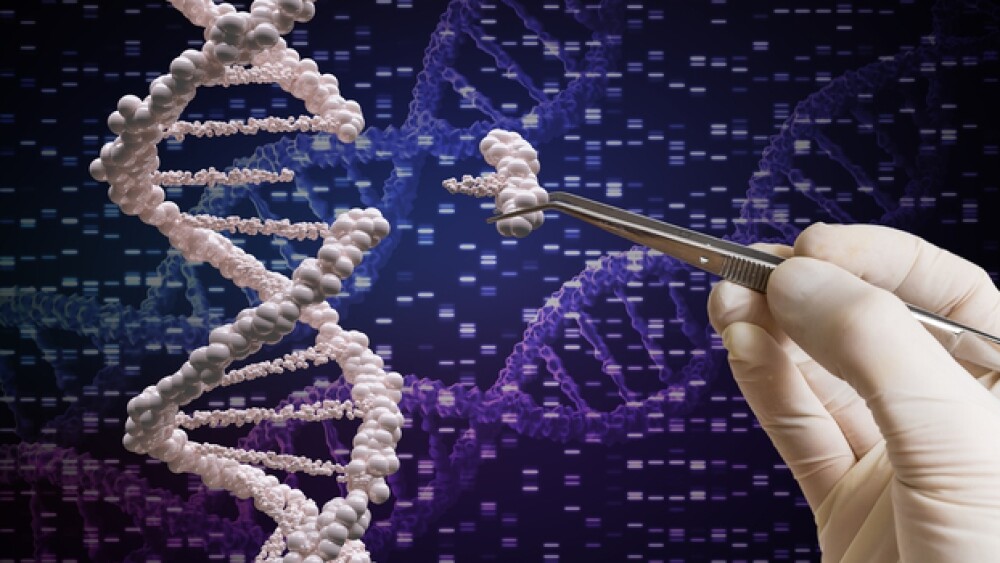Shares of Brisbane, Calif.-based Sangamo Therapeutics plunged 30 percent Thursday after the company released preliminary results from a gene-editing trial that investors saw as less than stellar.
Shares of Brisbane, Calif.-based Sangamo Therapeutics plunged 30 percent Thursday after the company released preliminary results from a gene-editing trial that investors saw as less than stellar.
During a conference in Florida, company executives released preliminary results from the Phase I/II CHAMPIONS study of a genome editing product, SB-913, used in the treatment of patients with Mucopolysaccharidosis Type II (MPS II), also known as Hunter syndrome. Sangamo’s SB-913 uses a zinc finger nuclease (ZFN), which is used to insert a normal copy of the IDS gene into the DNA of liver cells. The treatment is designed to enable a patient to then produce a continuous supply of the IDS enzyme.
During its presentation at the WORLDSymposium 2019 conference, Sangamo said the interim results from the CHAMPIONS study provided preliminary evidence that in vivo genome editing occurred and that genome-edited liver cells are able to generate active IDS enzyme in patients with Hunter syndrome. However, the increases of the enzyme in the cells were not significant enough for investors to believe the therapy works as it was designed.
Joseph Muenzer, a professor of pediatrics and genetics at the University of North Carolina School of Medicine in Chapel Hill and a lead study investigator, said more data is needed to understand whether or not the small increases in IDS enzyme activity will actually translate into benefit for patients. Patients who received lower doses of SB-913 saw small increases in IDS enzyme, compared to baseline. The company said a more substantial increase in plasma IDS activity was measured in a patient in the high dose cohort. However, Sangamo said the plasma IDS activity levels decreased when the patient developed a mild transaminitis, which is a known risk of AAV-based therapies.
Muenzer said more data will be generated later this year from patients who received a higher dose of the gene therapy.
Hunter syndrome is a rare genetic disorder caused by a deficiency of iduronate-2-sulfatase (IDS), a lysosomal enzyme which is required to break down or recycle the toxic buildup of glycosaminoglycans (GAGS). As Sangamo explained, without IDS enzyme activity, GAGS build up in the cells and lead to widespread tissue and organ damage. The current standard-of-care treatment for Hunter syndrome is enzyme replacement therapy, which is given to patients weekly as intravenous infusions.
Sangamo also presented data from another study evaluating SB-318 for the treatment of MPS I.
Sangamo Chief Executive Officer Sandy Macrae said the data presented at the conference represent “an encouraging first step in the translation of genome editing technology from basic research to genomic medicine.”
Shares of Sangamo plunged from $12.45 to $6.86 per share after the company released its preliminary data. The stock rallied somewhat at the end of the day on Thursday to close at $8.31.





